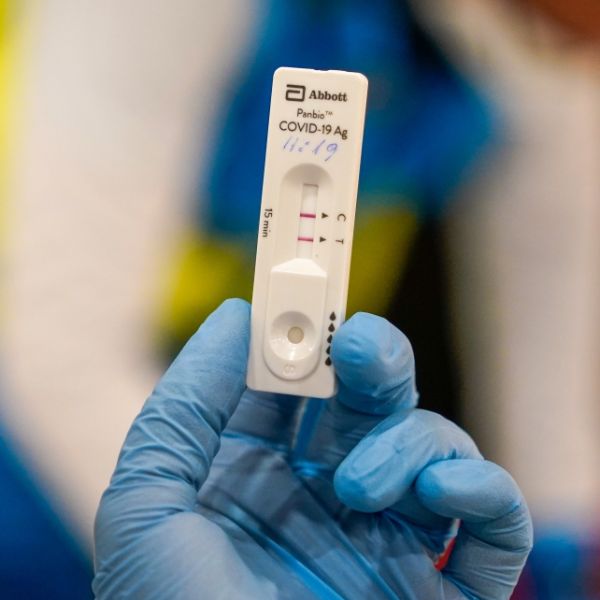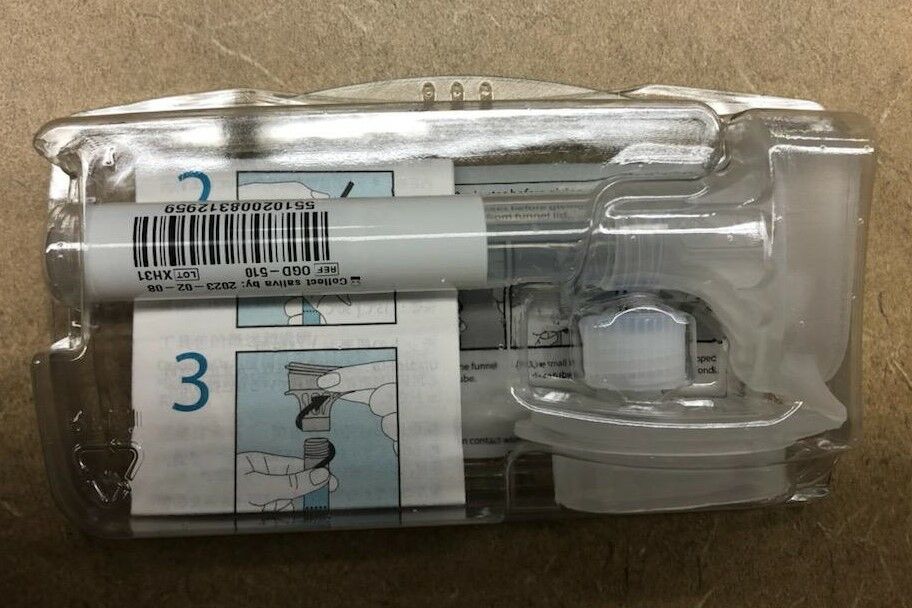
You can also purchase an at-home test at local or online retailers and pharmacies. Many tests, particularly for people experiencing symptoms, can be billed to insurance or subsidized by the Department of Health. There are no out of pocket cost for tests performed at county or state-supported test sites. Learn more about insurance reimbursement. Insurance providers will now reimburse families for up to eight tests per month. COVID-19 Tests: What does it mean for me? (PDF). Supply of any particular test varies according to demand and manufacturer capacity. The current tests available include rapid antigen tests, molecular tests (both lab-based and point of care), and some home self-tests. Over the counter test kits are also available for ordering and in pharmacies for convenient, at-home testing. For additional information on testing sites, call 2-1-1. The WA State Department of Health website maintains a directory of testing sites available in each county, with operating hours and requirements. For example, iHealth instructions state: “With children, the maximum depth of insertion into the nostril may be less than 3/4 of an inch, and you may need to have a second person to hold the child’s head while swabbing.” Where to get tested Please see the instructions for use that come with the test for specific directions on testing children. We recommend that children under 2 years of age are tested by a parent or caregiver. 5, 2022, to allow the safe use of at-home rapid antigen testing for children under 2 years of age. DOH updated COVID-19 testing guidance as of Dec. When you’re going to gather with a group of people, especially those who are at risk of severe disease or may not be up to date on their COVID-19 vaccines.Īnyone can get tested for COVID-19, no matter your age. You may need to test before and/or after traveling. Call ahead or check their website before you visit. Businesses and event spaces in Washington may have testing and/or vaccination requirements before entering an establishment or event. If you’re not showing symptoms, follow the guidance in What To Do if You Were Potentially Exposed to Someone With COVID-19 (PDF) for when to get tested. Get tested immediately if you’re showing symptoms. Test when you’ve been exposed to someone who tested positive for COVID-19. 
COVID-19 has a wide range of symptoms, so if you’re not feeling well, it’s best to get tested as soon as possible.

Testing is an important component in helping resume normal activities. Testing also helps public health officials identify and respond to outbreaks, and to track new variants of the virus. Testing allows people to take precautions, like isolating, in a timely manner to stop the virus from spreading infected people without symptoms can still spread the virus. to 10 p.m., and Tuesday to Sunday (and observed holidays) 6 a.m. The hotline is available Monday from 6 a.m. For interpretative services, press # when they answer and say your language. If you need assistance with isolation, please report your test result through the hotline to prevent delays in accessing assistance. If you need assistance with isolation, such as with food, personal care kits, or other needs, you can call the state COVID-19 hotline at 1-80 to report your positive test result and ask to speak with Care Connect, or reach out to your Care Connect hub. You can use this tool to report any self-test, even if you did not order your test from the Say Yes! COVID Test program.


People who purchase over-the-counter test kits and receive a positive result should report results online using the Say Yes! COVID Test Digital Assistant. Easily report your positive at-home test results








 0 kommentar(er)
0 kommentar(er)
